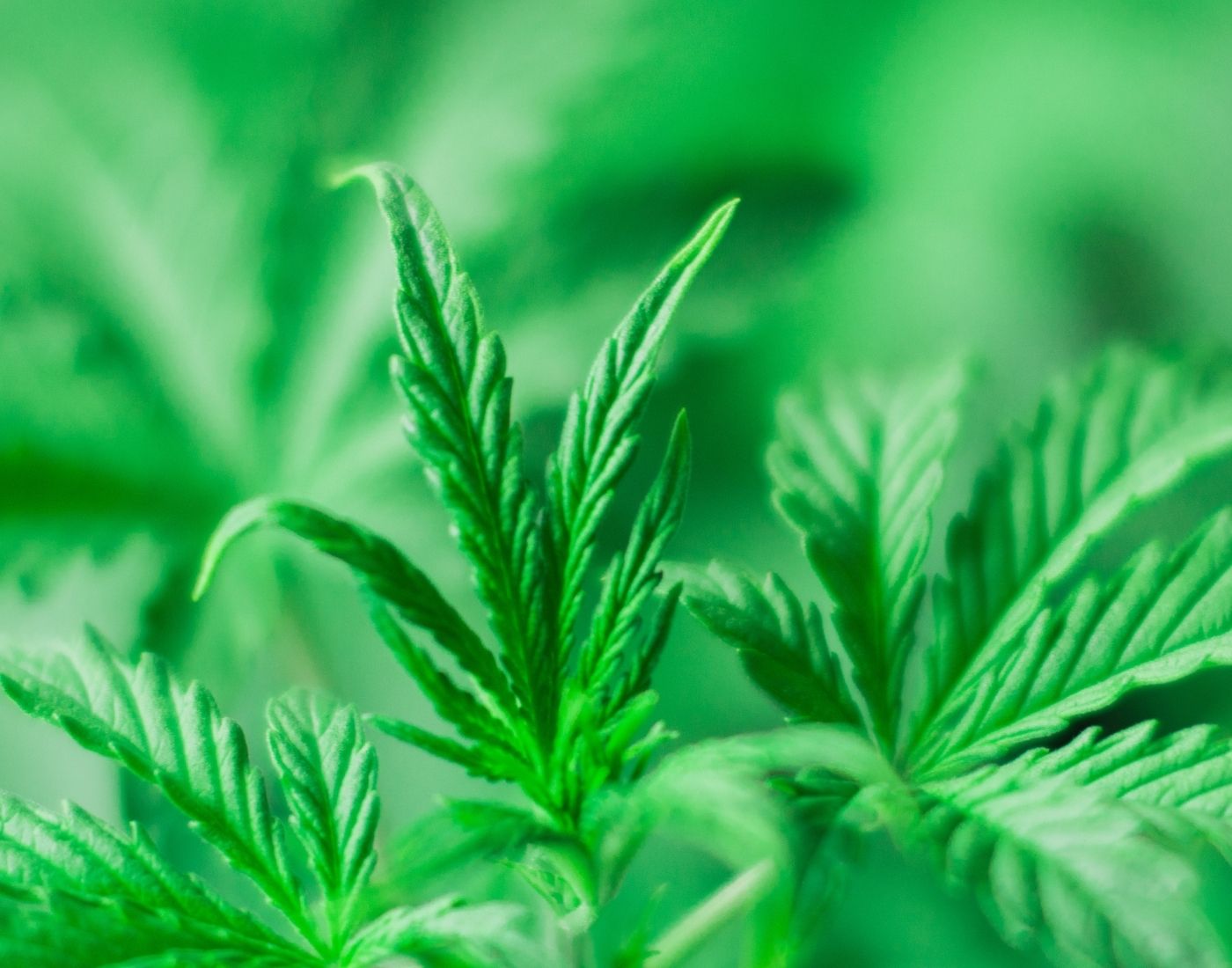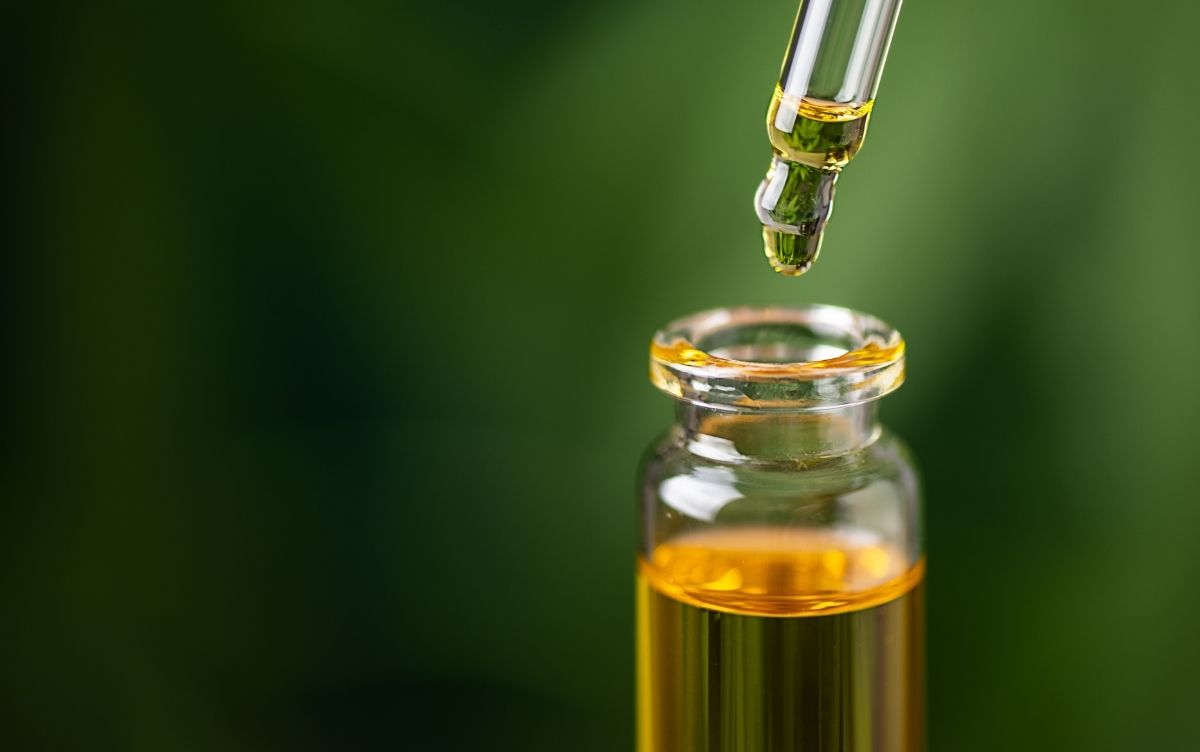Cannabidiol (CBD) is a cannabinoid which can be extracted from the cannabis plant and added to foods.
It has no psychoactive properties and, depending on the method of extraction, should contain little or no tetrahydrocannabinol (THC), the other key compound in cannabis which causes users to get high.
Read the Home Office guidance on the licensing of CBD and presence of THC.
During the past few years there has been significant growth in the number of products sold that contain CBD. These food products are classed as ‘novel foods’ and CBD may be found in a variety of food products and supplements including, but not limited to:
- oils
- drops or tinctures
- capsules
- sweets and confectionery
- baked goods
- drinks


